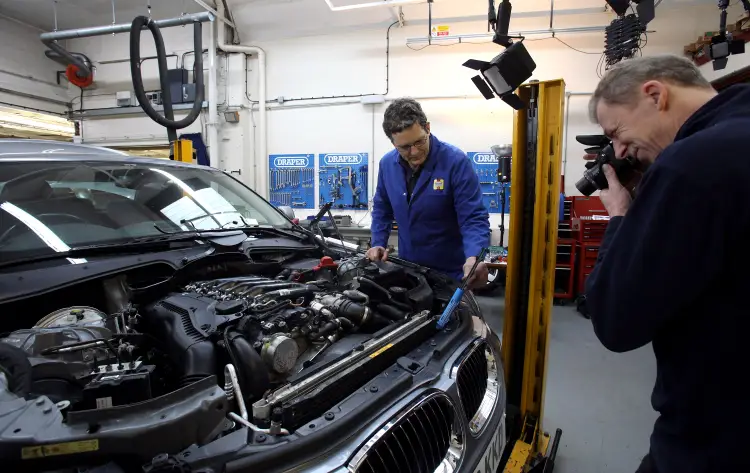The importance of maintaining and replacing your automotive parts cannot be overstated. By following your car’s owner’s manual and getting regular oil changes, tune-ups, and other recommended services, you can help to ensure that your car will last longer and perform better.
Here are some of the benefits of maintaining and replacing your automotive parts:
- Improved fuel economy. When your car’s engine is properly maintained, it will be more efficient and use less fuel. This can save you money on gas and help to reduce your carbon footprint.
- Increased safety. Worn or damaged parts can cause your car to break down, which can be dangerous. By maintaining and replacing your parts, you can help to keep your car safe on the road.
- Extended engine life. Proper maintenance can help to extend the life of your car’s engine. This can save you money on repairs and replacement costs.
- Enhanced performance. A well-maintained car will perform better than one that is not. This means that you will have a smoother ride, better acceleration, and more responsive steering.
The frequency with which you need to maintain and replace your automotive parts will vary depending on your car’s make, model, and year. However, most experts recommend getting an oil change every 3,000 to 5,000 miles and a tune-up every 20,000 to 30,000 miles. You should also follow your car’s owner’s manual for specific recommendations on other maintenance and replacement services.
By following these simple tips, you can help to keep your car running smoothly and safely for many years to come.
Here are some additional tips for maintaining and replacing your automotive parts:
- Use high-quality parts. When it comes to replacing parts, it is important to use high-quality parts. This will help to ensure that your car performs well and lasts longer.
- Get the work done by a qualified mechanic. If you are not comfortable doing the work yourself, it is important to get it done by a qualified mechanic. This will help to ensure that the work is done correctly and that your car is safe to drive.
- Keep track of your maintenance records. It is important to keep track of your car’s maintenance records. This will help you to know when it is time for your next oil change or tune-up. It will also be helpful if you ever need to sell your car.
for Your Vehicle









Be the first to write a comment.